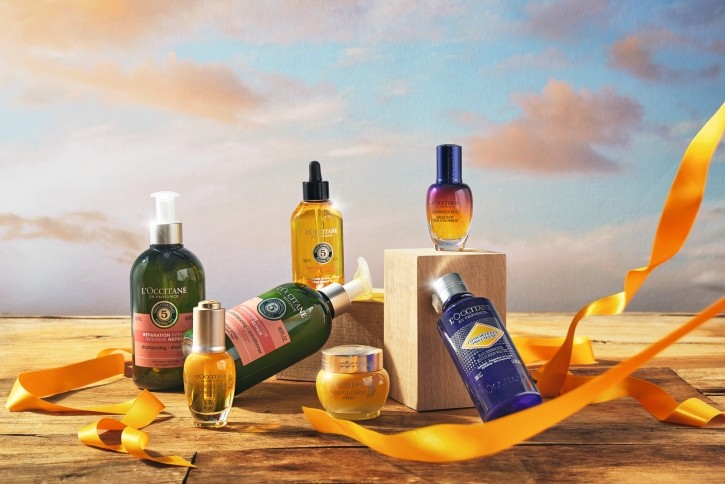In recent years the French cosmetics group has attempted to revitalise growth for some of its flagship brands Here’s why the French cosmetic group L'Occitane International has delisted from the Hong Kong stock exchange…
Although beauty is still a thriving industry that is somewhat protected by the ‘lipstick effect’ during economic downturns, it appears that sales of luxury goods are generally declining right now.
Indeed, luxury ‘big hitters’ such as LVMH, Kering and Richemont have all reported sales declines in their most recent financial results declarations.
In recent years, the French cosmetics group L’Occitane International, which owns brands such as Elemis, Sol de Janeiro and L’Occitane, has attempted to revitalise growth for some of its flagship brands, which has led to high operational costs, and in turn, eroded the company’s share price and investor confidence.
In April, majority stakeholder Reinold Geiger offered €1.7bn via his investment holding company L’Occitane Groupe to take back the remaining 28% of the company. Geiger had financial backing from Goldman Sachs and Blackstone and the business was valued at around €6bn at this point.
L’Occitane International has now announced that it will delist its shares from the Hong Kong Stock Exchange (HKEX), and take the business private.
The company revealed that 91.97% of ‘disinterested’ shareholders had already agreed to sell their shares to support the privatisation attempt – well above the minimum amount required for the move.
‘Disinterested’ shareholders are those who own shares but not enough for their votes to influence company decisions.
The company is now set to suspend its shares on 7 August and delist from the HKEX upon completion of the acquisition.
L’Occitane Holding, a subsidiary fully owned by Geiger, will proceed with the compulsory takeover of the remaining shares.
Geiger said the transaction “will provide our group with the flexibility to make longer-term business decisions” and added that the company would “remain committed to our brand-specific and geography-specific strategies.”
He added that he firmly believed that the move was “in the best interests of our employees, business partners and other stakeholders, who will benefit from our accelerated growth and enhanced competitiveness in the global skincare and cosmetics industry.”
Why is L’Occitane going private?
The business has blamed the rising competition in the luxury goods market, as well as the complications of operating as a listed company.
The after-effects of the Covid-19 pandemic and inflationary economy has meant that consumers have been purchasing fewer high-end goods due to high interest rates and raised prices.
There is also more competition than ever in the beauty industry – as more new brands are established and consumers continue to search for the next big thing, while being influenced by social media channels such as TikTok.
L’Occitane now hopes to focus on updating its main brands and has alluded to possibly re-listing in the future or even a potential sale of the business.

